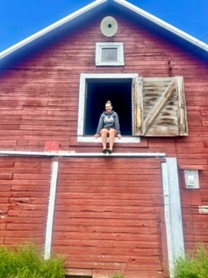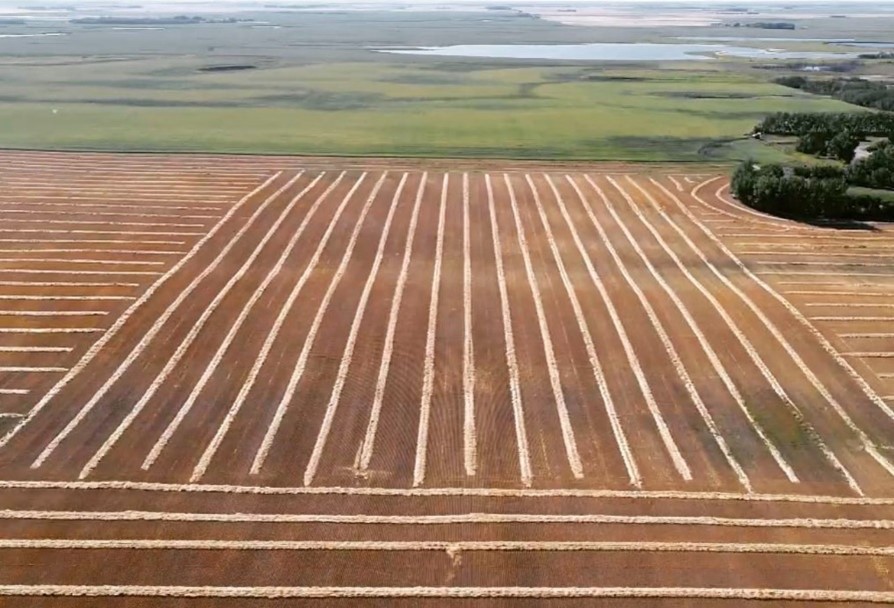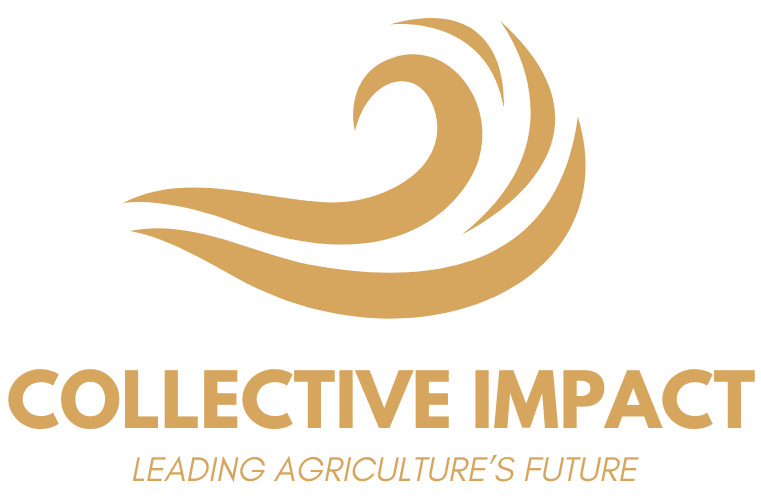Emily brings a wealth of experience in agronomy, soil science, and research, along with a deep-rooted passion for agriculture that started on her family farm near Wishart, Saskatchewan—a small town of just 30 people.

Growing up on a farm shaped Emily’s passion for agriculture early on. She was involved in cattle farming as a child, started her own herd through 4-H, and had ownership of cattle by the age of 13. Though she eventually sold her herd while supporting her family during a difficult time, her connection to the land remains strong. Her family continues to farm in Saskatchewan—her father operates an 8,000-acre grain farm, while her mother’s family farm, established in 1908, still holds deep history.
Emily pursued a Bachelor of Science in Agriculture, majoring in Agronomy with a minor in Soil Science. She conducted a full research thesis project on the effects of variable-rate nitrogen on malt barley, running trials on her father’s farm, analyzing soil, plant tissue, and grain samples, and comparing nitrogen distribution throughout the plant. Graduating in 2018, she placed in the top 15% of agriculture students in Canada and holds certifications including CCA, P.Ag., APA, and 4R Fertilizer Stewardship.

Emily has spent the last three years leading projects in agricultural sustainability and precision farming, including the Canadian Carbon Program (CCP) and the Nitrogen Efficiency Reduction Program (NERP). With a strong background in agronomy and data-driven decision-making, she has experience in field scouting, navigating data platforms, deploying soil moisture probes, and integrating drone technology for precision monitoring. Her expertise extends to no-till practices, irrigation management, variable rate applications, and telematics, allowing her to support growers in optimizing efficiency and maximizing returns. Emily’s ability to interpret complex agronomic data and implement practical solutions makes her a valuable asset in the field of sustainable agriculture.
As Agronomy & Research Lead, Emily will drive research initiatives related to soil health, carbon credits, and environmental sustainability. She’s particularly passionate about agricultural education, having worked with Ag in the Classroom in Saskatchewan and plans to bring similar initiatives to Alberta. She is also committed to empowering women in agriculture, breaking the stereotype that farming is a male-dominated industry. Emily will play a key role with our partner organizations, contributing to sustainability-focused projects, and will be actively involved in project and program design, implementation, and producer engagement with CI’s partners to drive meaningful impact.
When she’s not working, Emily enjoys spending time outdoors with her husky puppy, sledding, quadding, and camping in the mountains. She’s active in sports and has a strong passion for fitness. She’s based in Alberta and B.C.
Emily’s mix of technical expertise, research experience, and hands-on farming knowledge makes her a great fit for Collective Impact. Her ability to connect with farmers, problem-solve, and drive impactful agronomic initiatives will strengthen our team and mission.
